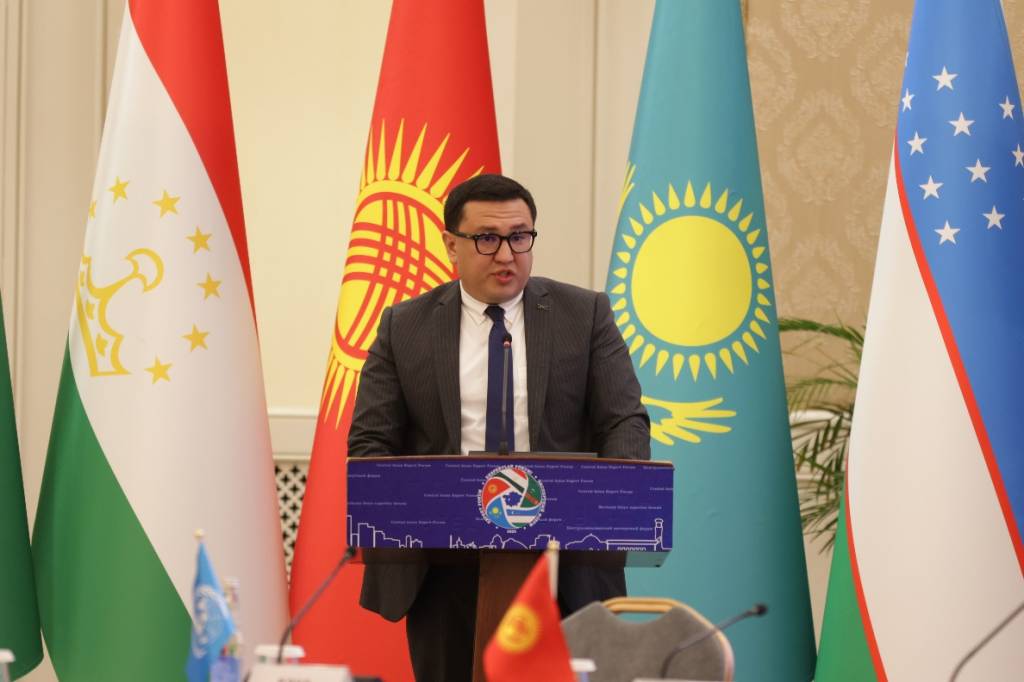WNAM REPORT: Speaking at the scientific and practical conference on regional identity, held on August 14-15 within the framework of the Central Asian Expert Forum (CAEF) in Tashkent, Kanatbek Aziz, Director of the Research Institute of Geopolitics and Strategy of Kyrgyzstan, highly praised the cooperation among Central Asian countries.
As the expert noted, “cooperation among Central Asian states is no longer just a slogan, an empty formality, or a protocol gesture. Central Asia has entered a new phase, where unity is becoming a strategic necessity”.
Speaking about the prospects for regional cooperation, the expert emphasized that “today Central Asia faces a historic task that requires moving beyond familiar stereotypes and political inertia, overcoming narrow national egoism. It is necessary to shift to a more mature and responsible agenda – the development of joint decisions capable of ensuring sustainable development and adequately responding to the growing spectrum of global challenges”.
In this context, as the Kyrgyz expert emphasized, “the issue of forming a regional identity as a key strategic priority is of particular importance, as it can become a unifying factor of a new level”. He noted, “Such a sense of shared self-awareness can not only integrate the resources and potential of the countries of the region but also grant Central Asia a qualitatively different role in the global architecture”.
At the same time, he placed special emphasis on the practical aspects of building regional identity. According to him, “it must be based on a system of common values, and its solid foundation cannot be built without recognizing and reflecting upon a shared history, and without respect for the thinkers, poets, cultural figures, and heroes whose legacy constitutes the spiritual code of Central Asia”.
Overall, as Mr. Aziz concluded, “the formation of such an identity is not a short-term political project, but a long-term, multi-layered process requiring systemic work in the humanitarian, cultural, and educational spheres”.
The CAEF was organized by the ISRS, with its partners including the UN Regional Centre for Preventive Diplomacy for Central Asia, the Delegation of the European Union to Uzbekistan, the Organization for Security and Co-operation in Europe (OSCE), and the Konrad Adenauer Foundation.
Central Asia was traditionally represented at the Forum by heads and specialists from strategic institutions, research centers, and academic circles of the region’s states. For the first time, to exchange experience in regional studies, prominent experts from the EU, ASEAN, the Nordic Council, as well as researchers from Russia, the United States, the United Kingdom, Switzerland, and Azerbaijan, were invited to participate in its work.


